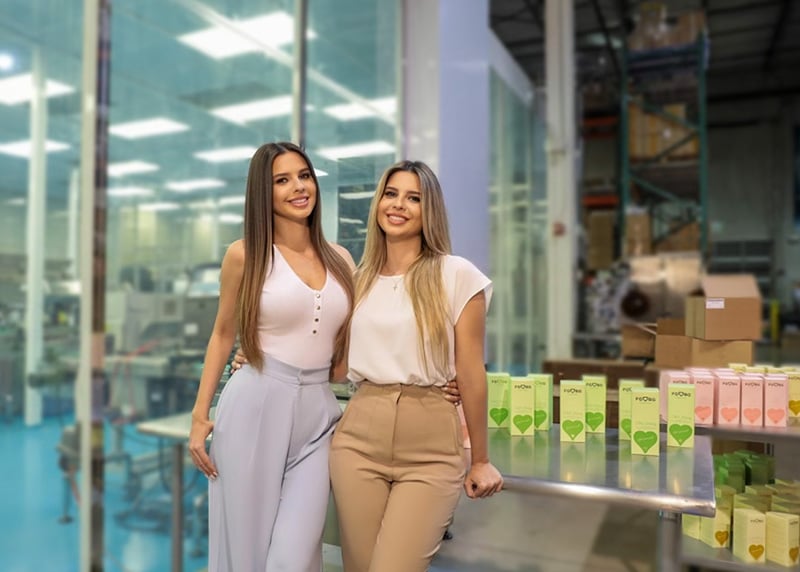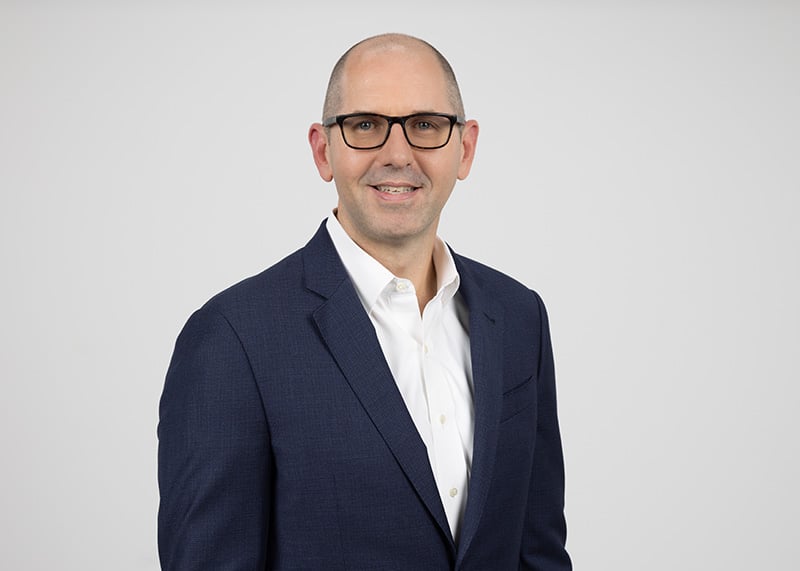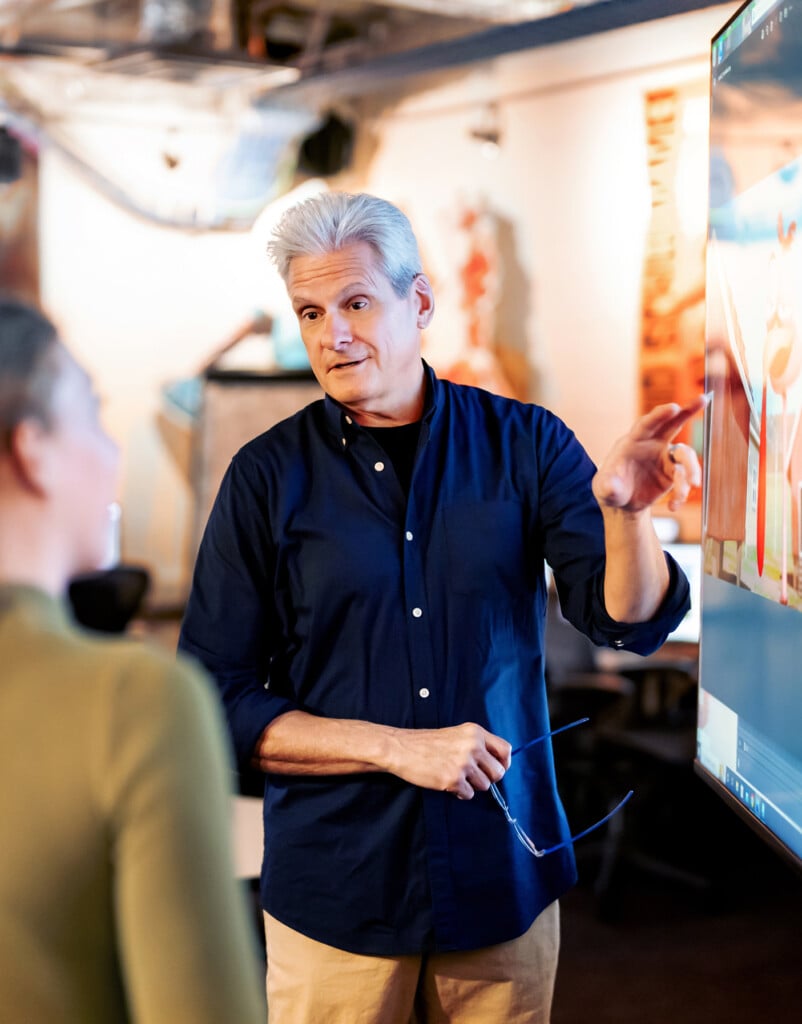Sanford’s Argonide Corp. Water Filtration Technology Provides Safe Drinking Water To Astronauts
10 Tech Leaders: Argonide Corp.
The pandemic also opened the world’s eyes to the microscopic giants that have the power to inflict mass misery and even death. But the team at Sanford-based Argonide Corp. has been developing and producing weaponry against such elusive enemies for the past 30 years.
A holder of seven patents, Argonide manufactures pleated water filters designed to eliminate what president Raymond C. Knispel calls “submicron microbiological nasties.” These nasties include viruses, bacteria and cysts, stuff that will turn a stomach when viewed under a microscope.
The human eye can perceive specks of dust or debris measuring 25 microns. Argonide’s NASA-derived technology filters down to as low as .01 microns. It also exceeds the effectiveness and flow rate—picture the slow drip of a water-filter pitcher—of sediment-based systems.
Argonide was founded in 1994 by Knispel’s late father-in-law, Fred Tepper, and remains a business-to-business company whose products are sold through distributors. Aside from one salesperson in Arizona, all business is conducted from Sanford, where the filters are manufactured.
“We’re a small family company, but we get calls all the time from customers saying, ‘Hey, I didn’t even know you guys existed,’” shares Knispel, who describes his company as a “niche player.”
With just 16 employees, Argonide doesn’t have a huge local economic impact, but the benefits of its products are experienced globally—and beyond. Its filtration systems provide safe drinking water to astronauts, as well as to aircraft produced by Boeing and Airbus.
Available for commercial, industrial and residential use, the company’s filters are sold online through distributors such as Filters Fast and Discount Coffee Equipment. Residential systems can be installed where the water supply connects to the home or under the counter.
Its filtration technology employs “an electropositive media” that “enables the pleated material to act in many ways like a magnet,” Knispel explains.
“Most contaminants in water are electronegative. It attracts the contaminants, and it doesn’t let go,” he continues.
Argonide is moving to expand its markets into the RV and marine markets, as well as the healthcare industry. In working with hospitals, the company will specifically target Legionella, the bacteria responsible for Legionnaire’s disease. “You can get Legionnaire’s from ice cubes in hospitals [and] from ice machines,” Knispel says.
The company’s head is hopeful for the future of Argonide, whose product represents “a paradigm shift” from conventional systems. The manufacturer’s success is evidence that companies can make a big difference focusing on the smallest of things.






